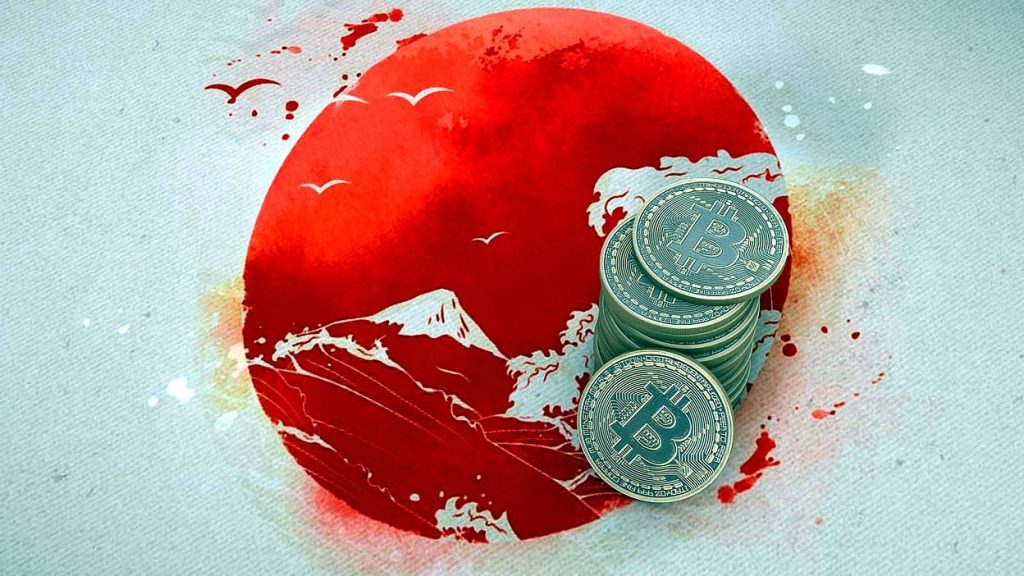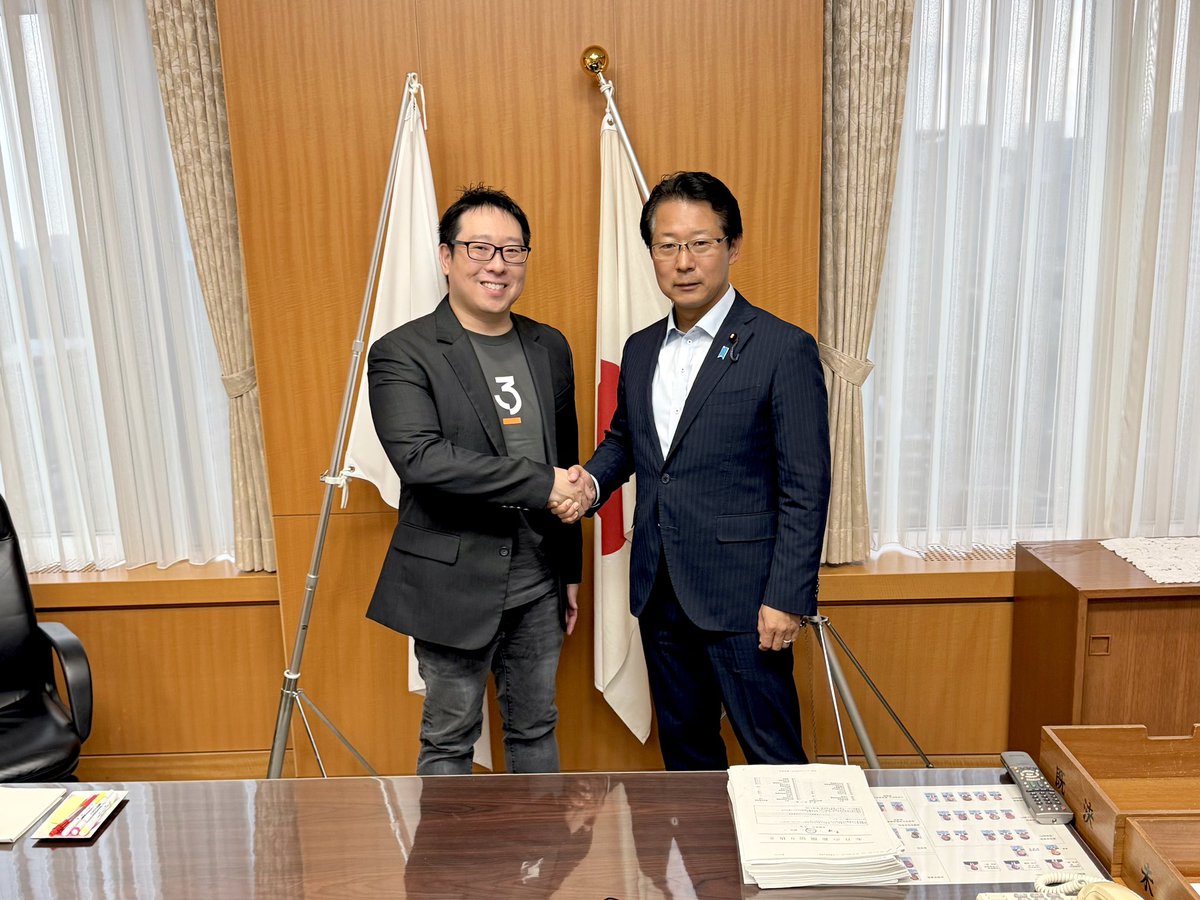Samson Mow Meets Japanese Vice-Minister to Discuss Bitcoin
20.09.2024 14:04 1 min. read Alexander Stefanov
Renowned Bitcoin maximalist and JAN3 CEO Samson Mow met with Junichi Kanda, Parliamentary Vice-Minister of the Cabinet Office.
The two discussed the potential for Bitcoin in Japan, local and global adoption as well as implications of strategic Bitcoin reserves.
Japan is known to be a crypto-friendly country. The Payment Services Act defines “crypto-assets” as payment methods that are not denominated in fiat currency and can be used to pay unspecified persons. There are no restrictions on owning and investing in cryptocurrencies.
Additionally there are major investment companies, such as Metaplanet (also known as the japanese MicroStrategy), which build investment strategies around cryptocurrencies such as Bitcoin.
According to a survey from financial services firm Nomura Holdings and its digital asset arm Laser Digital, 54% of institutional investors in Japan plan to invest in cryptocurrencies.
The study approached 547 investment managers, including institutional investors, family offices and public-service corporations.
Despite this positive outlook, Japan is still hesitant to approve Bitcoin and other crypto ETFs.
Nevertheless, the country is known to be open-minded toward new technologies and innovation, with crypto, blockchain, and AI continually reshaping its economic landscape. This progressive stance fosters an environment where emerging technologies can thrive, encouraging investment and participation in the evolving digital economy.
-
1
U.S. Lawmakers Target El Salvador With Crypto Sanctions Plan
10.07.2025 15:00 2 min. read -
2
Strategy’s $60 Billion Bitcoin Portfolio Faces Mounting Risks, CryptoQuant Warns
10.07.2025 16:36 3 min. read -
3
Esports Giant Moves Into Bitcoin Mining
05.07.2025 13:00 2 min. read -
4
Bitcoin Dominance Nears Key Resistance — Is Altseason Coming Next?
13.07.2025 17:00 2 min. read -
5
Bitcoin Price Prediction: As BTC Hits New All-Time High Is $200K In Sight?
14.07.2025 21:56 3 min. read
Societe Generale Backs Bitcoin and Ethereum ETP Expansion
French banking giant Societe Generale has entered the crypto space more directly, forming a strategic partnership with 21Shares.
Strategy Launches $2 Billion Raise to Buy More Bitcoin
MicroStrategy is doubling down on its Bitcoin strategy with a massive $2 billion fundraising move. Originally planned at $500 million, the company expanded its offering after seeing strong investor demand.
Arkham Intelligence: U.S. Government Holds at Least 198,000 BTC
The U.S. government now holds over 198,000 BTC, valued at approximately $23.5 billion, according to data from Arkham Intelligence.
Tesla Q2 Earnings Surge on Bitcoin Rally and AI Growth
Tesla stunned investors in Q2 2025 with a $1.2 billion profit, nearly tripling its previous quarter’s net income.
-
1
U.S. Lawmakers Target El Salvador With Crypto Sanctions Plan
10.07.2025 15:00 2 min. read -
2
Strategy’s $60 Billion Bitcoin Portfolio Faces Mounting Risks, CryptoQuant Warns
10.07.2025 16:36 3 min. read -
3
Esports Giant Moves Into Bitcoin Mining
05.07.2025 13:00 2 min. read -
4
Bitcoin Dominance Nears Key Resistance — Is Altseason Coming Next?
13.07.2025 17:00 2 min. read -
5
Bitcoin Price Prediction: As BTC Hits New All-Time High Is $200K In Sight?
14.07.2025 21:56 3 min. read



